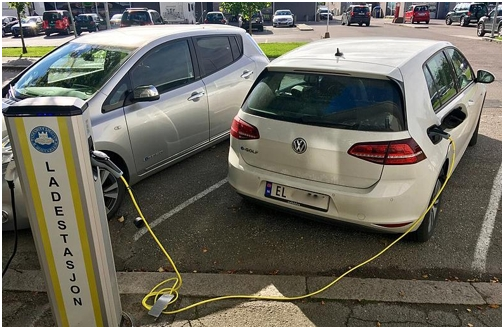Manpower Reduction Imminent in Global Automotive Industry

Daimler, BMW and GM reduced their employment sharply last year.
The Korea Automobile Manufacturers Association announced on March 18 that Daimler, BMW and GM reduced their employment by 20,000, 16,000 and 14,000 persons last year, respectively.
This was to make more investments through labor cost reduction with electric vehicles becoming the mainstream of the industry. This trend is likely to continue this year. Volkswagen announced on March 14 that it would reduce its employment by up to 5,000 persons to the same end. Earlier, Volkswagen said that it would sell at least one million electric vehicles this year and become the largest electric vehicle manufacturer in the world by 2025.
Ford announced in January that its three internal combustion engine vehicle manufacturing plants in Brazil would be permanently closed. The company is planning to invest US$22 billion and US$7 billion in electric vehicles and self-driving vehicles until 2025, respectively.
GM already sold its plants or stopped its business in Australia, New Zealand and Thailand last year. The company is going to invest US$27 billion in electric and self-driving vehicles until 2023 and launch at least 30 electric vehicle models by 2025, which means its necessity of cost reduction is increasing. Renault Group announced last year that it would prepare two billion euros for three years to come through staff reduction to concentrate more on electric vehicles.
According to Morgan Stanley, the focus shift towards electric vehicles will reduce the number of jobs in the global automotive industry from 11 million to eight million or so within five years. “Manpower reduction at the top five, that is, Volkswagen, Toyota, GM, Renault-Nissan and Hyundai-Kia may result in massive layoffs by affecting auto parts manufacturers as well as themselves,” it said.